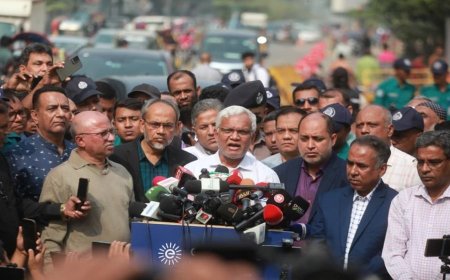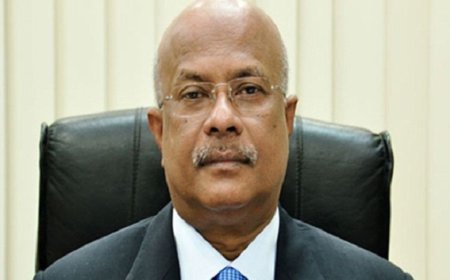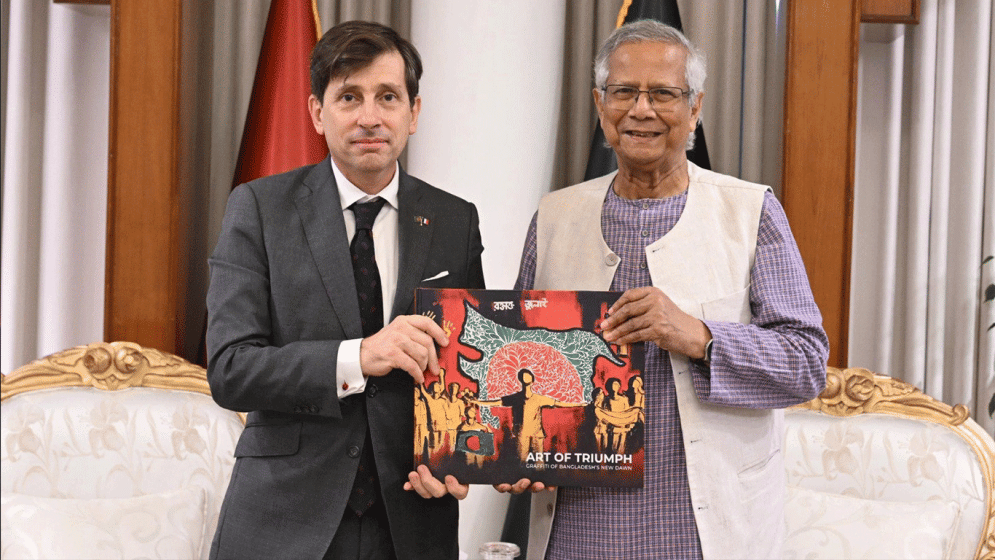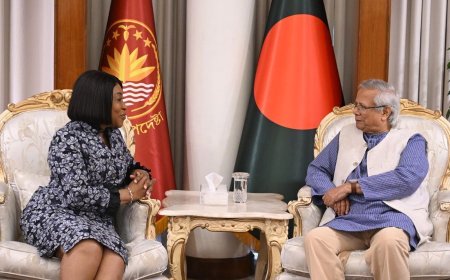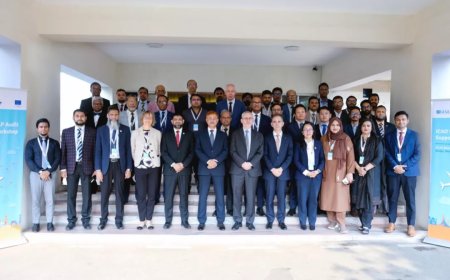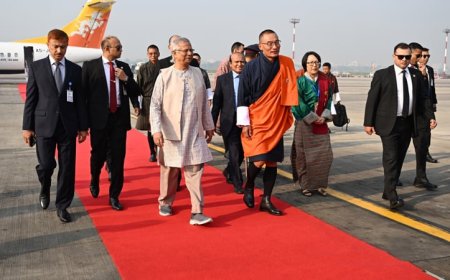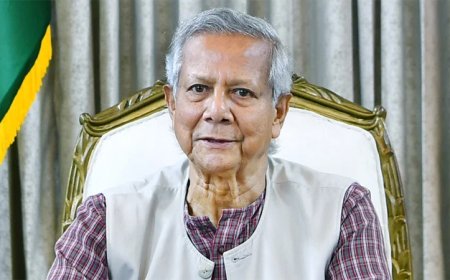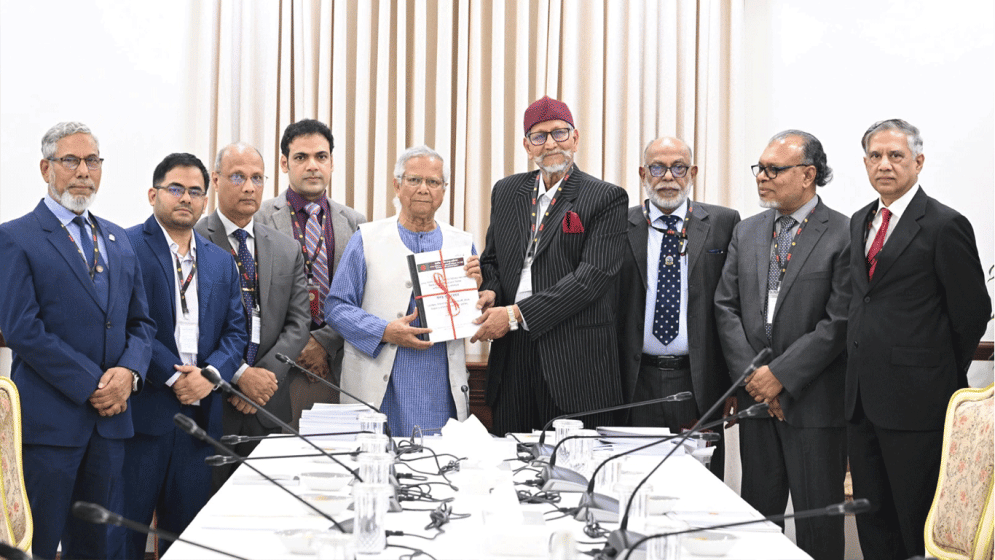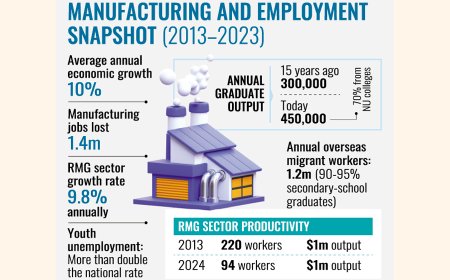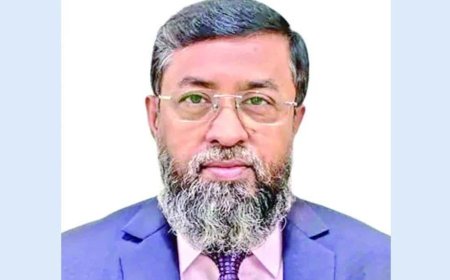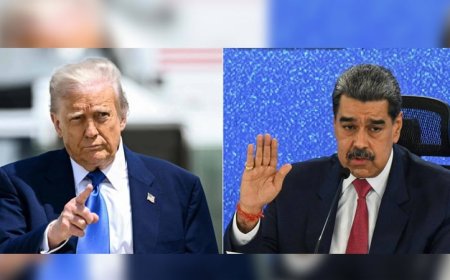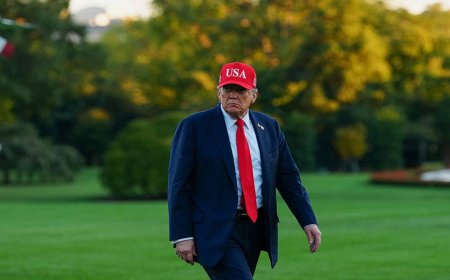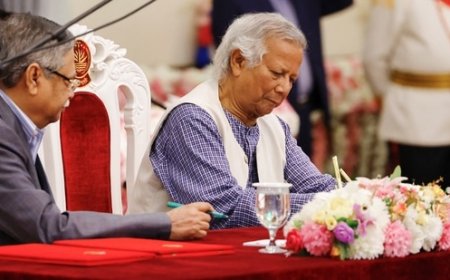Bangladesh-China Relations: Navigating Challenges and Progressing Forward
Beijing has emphasized that Bangladesh plays a key role in its neighborhood diplomacy. This remark holds considerable significance given the shifting global dynamics, recent changes in Bangladesh, and the current geopolitical landscape, despite the fact that China and Bangladesh do not share a common border.

During the 15 years of Awami League rule, while maintaining strong ties with India, Bangladesh's relationship with China also flourished. This bond was further solidified, particularly after the 2016 visit of Chinese President Xi Jinping. Additionally, the connection between the Awami League and the Communist Party of China (CPC) was well-known.
However, following the July mass uprising, China experienced some uncertainty regarding its relationship with Bangladesh. Concerns arose over the safety of Chinese nationals involved in various large-scale projects within Bangladesh. But these uncertainties began to diminish significantly after the recent visit to China by Bangladesh's interim government’s foreign advisor, Touhid Hossain. During this visit, China's Foreign Minister Wang Yi made a direct statement, acknowledging Bangladesh's significant role in China's neighborhood diplomacy, while assuring that China would fully respect Bangladesh's sovereignty, independence, and people's aspirations.
This marked the first time Beijing publicly emphasized Bangladesh's importance in its regional diplomacy, reflecting China's desire to maintain strong ties with Bangladesh, a relationship that spans over five decades.
During Hossain’s visit, discussions focused on practical steps to enhance cooperation between the two nations as they entered the 51st year of their diplomatic ties. Notable decisions included providing support to Bangladesh's struggling healthcare sector, promoting increased trade through industry relocation, and offering significant credit concessions.
Analysts suggest that from a long-term perspective, this visit marked a new phase in Dhaka-Beijing relations, removing any lingering doubts. Important pragmatic steps were taken, with clear messages of China’s political backing for Bangladesh. However, due to the evolving strategic tensions between Beijing and Washington, Bangladesh will need to carefully balance its relations, avoiding getting drawn into the rivalry between these two superpowers.
In an interview during his China visit, Touhid Hossain mentioned that every Bangladeshi government has maintained good relations with China. He emphasized that even though the current interim government may not be in power for long, continuity in Bangladesh’s relations with China was crucial, a message he successfully conveyed to Chinese authorities.
New Developments in the Health Sector
During his discussions with Chinese leaders, including Foreign Minister Wang Yi and CPC officials, Touhid Hossain highlighted plans to enhance Bangladesh’s healthcare services. China expressed its support for building a thousand-bed Bangladesh-China Friendship Hospital in Purbachal, Dhaka. This hospital, to be funded by China, will be staffed by Chinese specialists. While the hospital's construction will take time, China also agreed to treat Bangladeshi patients at specialized hospitals in Kunming and Chengdu.
Credit Concessions and Future Projects
Hossain also negotiated with the chairman of the China International Development Cooperation Agency (CIDCA), Luo Zhaohui, regarding Chinese-funded projects in Bangladesh. He proposed lowering interest rates on Preferential Buyer’s Credit (PBC) and Government Concessional Loans (GCL) from 2-3% to 1% and extending repayment periods from 20 to 30 years. While China agreed to extend repayment timelines, they clarified that interest rates and loan terms would be determined on a project-by-project basis.
Industry Relocation to Bangladesh
Discussions also touched on the relocation of Chinese industries to Bangladesh, which has been a topic since September. During his visit, Touhid Hossain toured facilities in Shanghai, including electric vehicle, robotics, and agricultural processing plants. Chinese leaders expressed their interest in relocating industries to Bangladesh, seeing it as a favorable environment for manufacturing and exporting products to other countries, benefiting China.
Acquisition of Aircraft
China Southern Airlines, one of China’s largest carriers, also offered to sell 10 used aircraft to Bangladesh at discounted prices, with the option for financing through CIDCA funds. Negotiations on this matter will proceed between Bangladesh’s Civil Aviation Authority and the airline.
Political and Reform Support
The political reforms underway in Bangladesh were also a subject of discussion during Hossain’s visit. The Chinese leadership reiterated its respect for Bangladesh’s sovereignty and political situation, making it clear that China had no intention of interfering in the country's internal affairs. China affirmed its support for Bangladesh’s interim government and its ongoing dialogue with all major political parties, including the BNP and Jamaat-e-Islami.
Maj Gen Muniruzzaman (retd), President of the Bangladesh Institute of Peace and Security Studies (BIPSS), highlighted China’s positive stance toward Bangladesh. He pointed out the potential for significant improvements in Bangladesh's healthcare sector through Chinese assistance, which could reduce reliance on India for medical services. However, he also cautioned Bangladesh to remain vigilant and avoid becoming entangled in the broader geopolitical tensions between the US and China.
What's Your Reaction?







